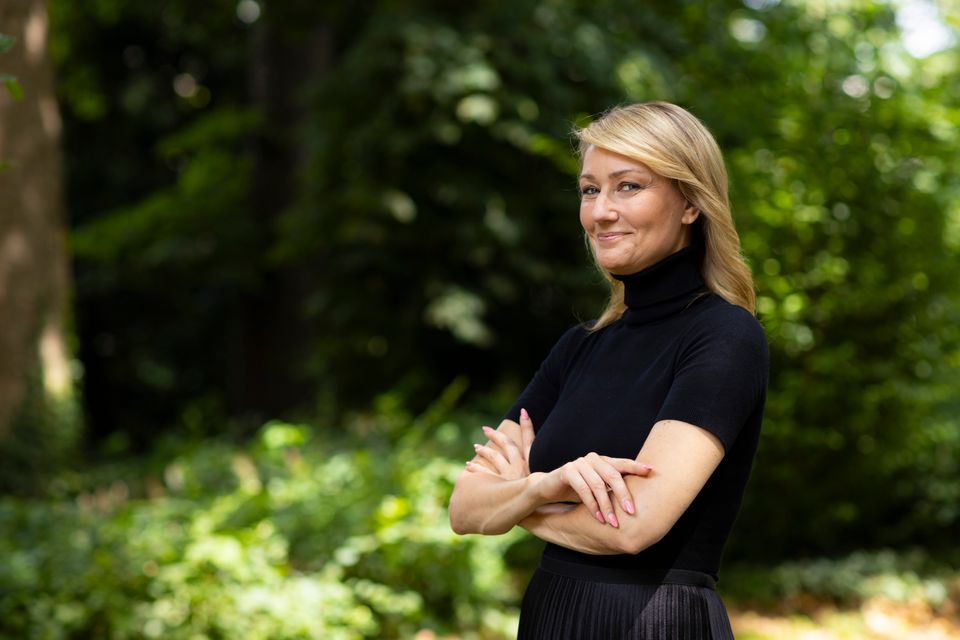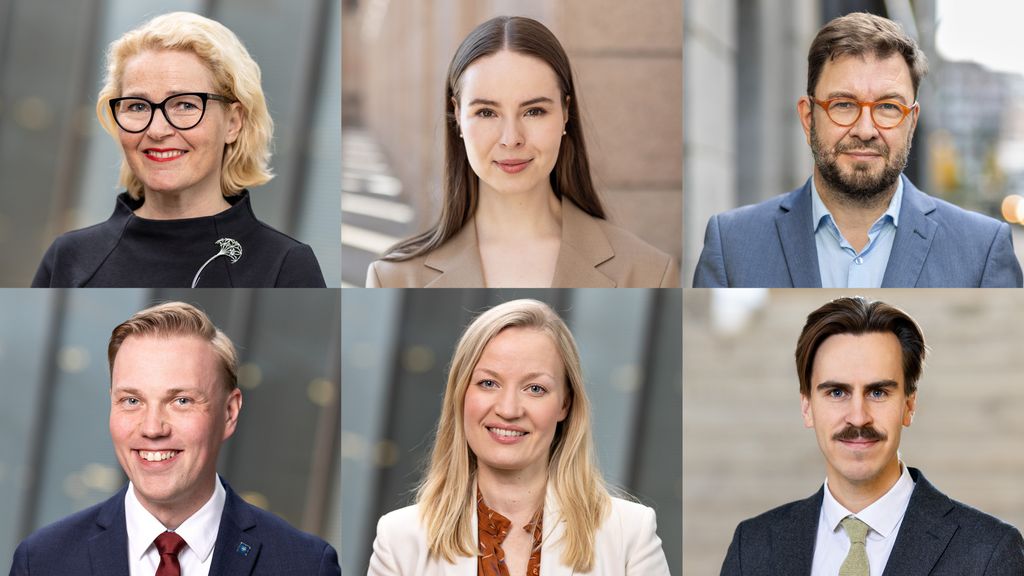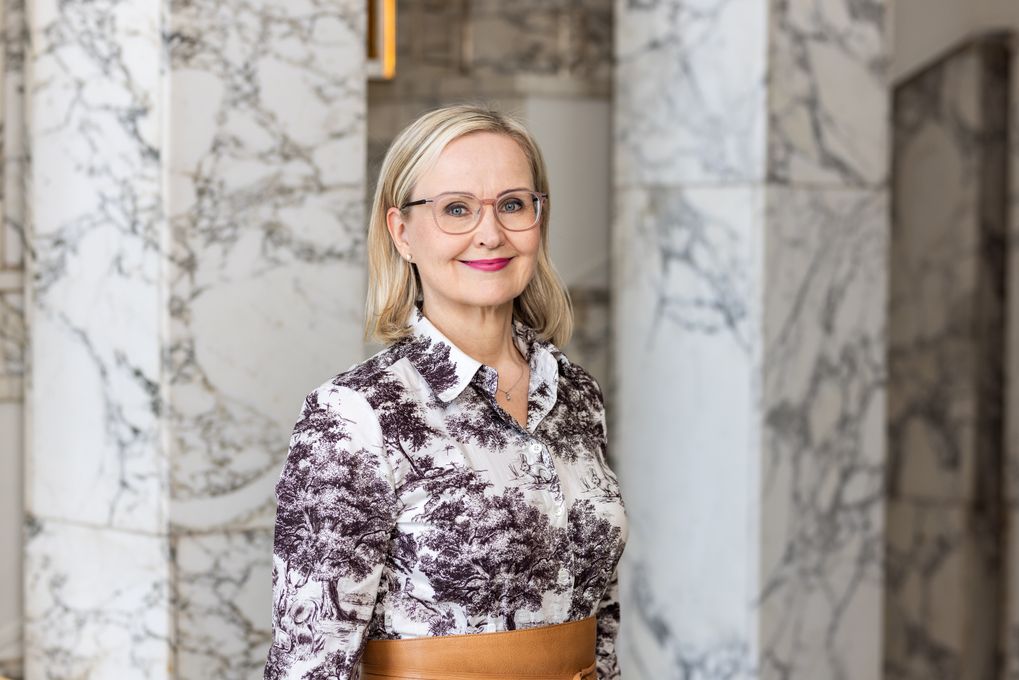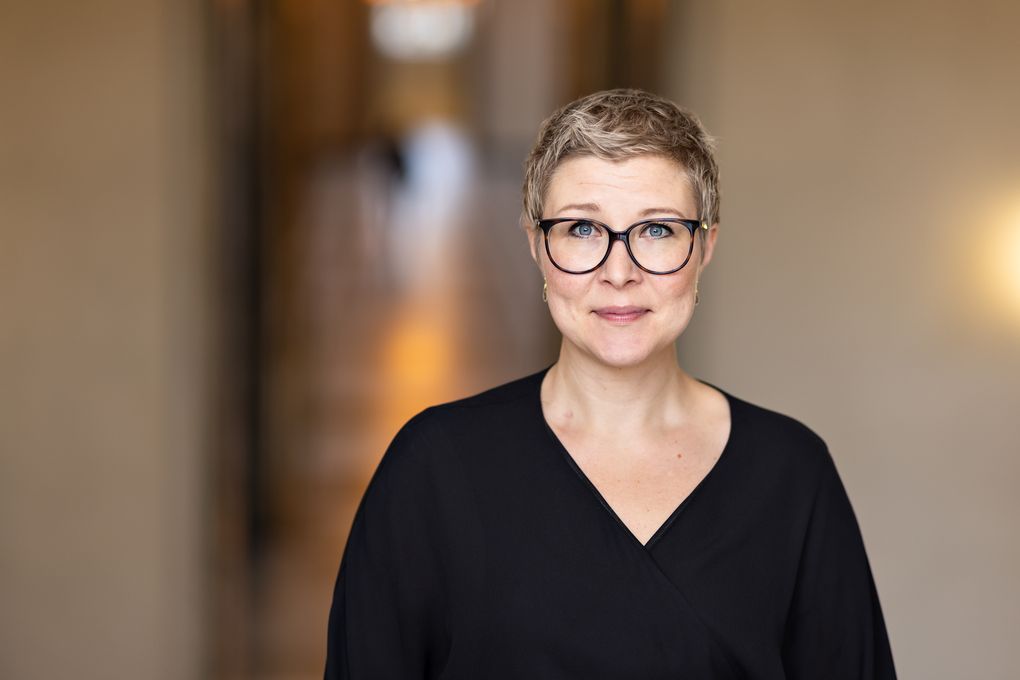SDP’s Filatov: Cuts target social assistance – taking from the poorest of the poor
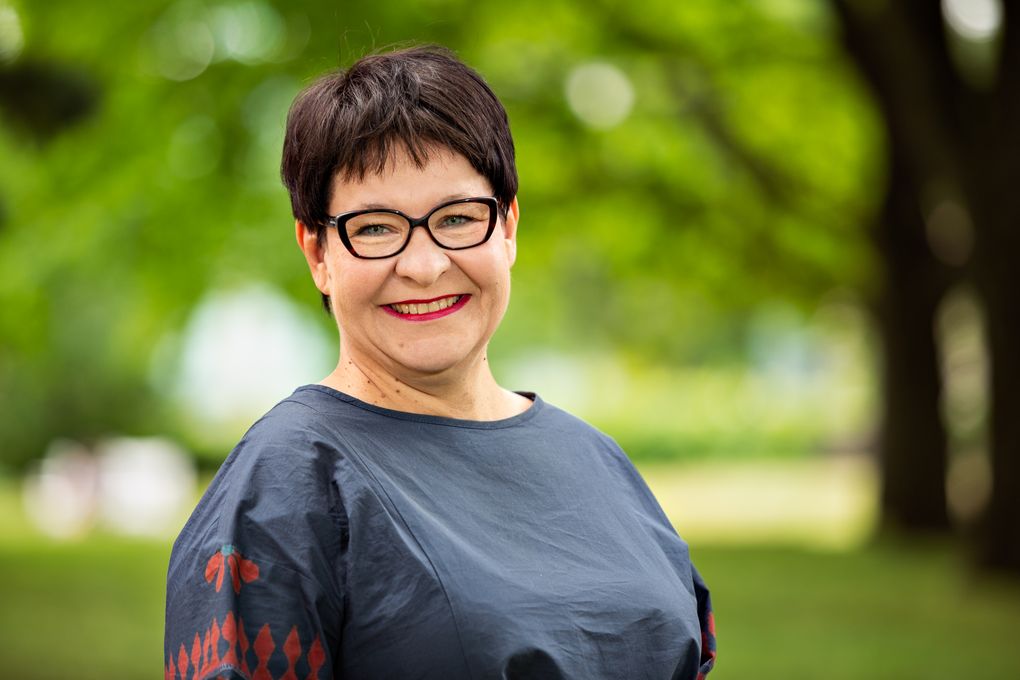
If a person does not apply for full-time work and primary benefits, social assistance could in the future be cut by half, writes Deputy Speaker of Parliament Tarja Filatov.
If a person does not apply for full-time work and primary benefits, social assistance could in the future be cut by half, writes Deputy Speaker of Parliament Tarja Filatov in her blog on May 16, 2025.
In the proposed model, up to 50% of basic social assistance can be withheld. Currently, the basic amount for a single person living alone is €593.55 per month. This amount is intended to cover essential living costs such as food and clothing. Under the proposed rules, if a person fails to seek full-time employment or apply for a primary benefit, such as unemployment assistance, their benefit could be halved.
The government is aiming to save over €70 million with this reform. But this is a cut directed at the poorest of the poor. To reach the savings target, the government also plans to reduce the basic amount of social assistance by 3% for those living alone or with their parents, and by 2% for all others.
“Encouraging people to seek employment is fair in principle—but then comes the well-known but.”
“Not everyone is capable of full-time work. In Finland, health-related obstacles are an exceptionally common barrier to employment.”
“Not everyone fully understands the obligations placed upon them. The web of rights and responsibilities is complex.”
“And not everyone has the strength, especially in the midst of personal crises. Social security should offer support, encouragement, and stability during life’s difficult times.”
According to Filatov, the saddest part is that the government is seeking to cut social assistance in order to balance the economy, even though the funds are desperately needed to support services and provide aid to those in need.
In the discussions of the Social Security Committee, the shared goal has been to reduce the number of people relying on social assistance, but Filatov argues the means must be more humane.
“It’s important to remember that financial insecurity increases cognitive strain—reducing the very mental resources people need to escape from dependence on assistance.”
“Even though the sun is shining, I feel deeply saddened,” Filatov concludes.
